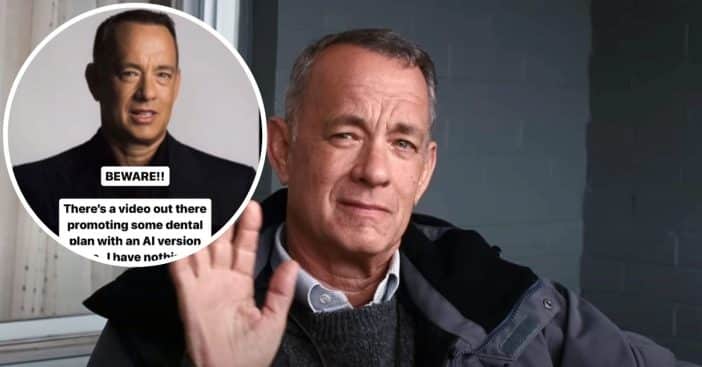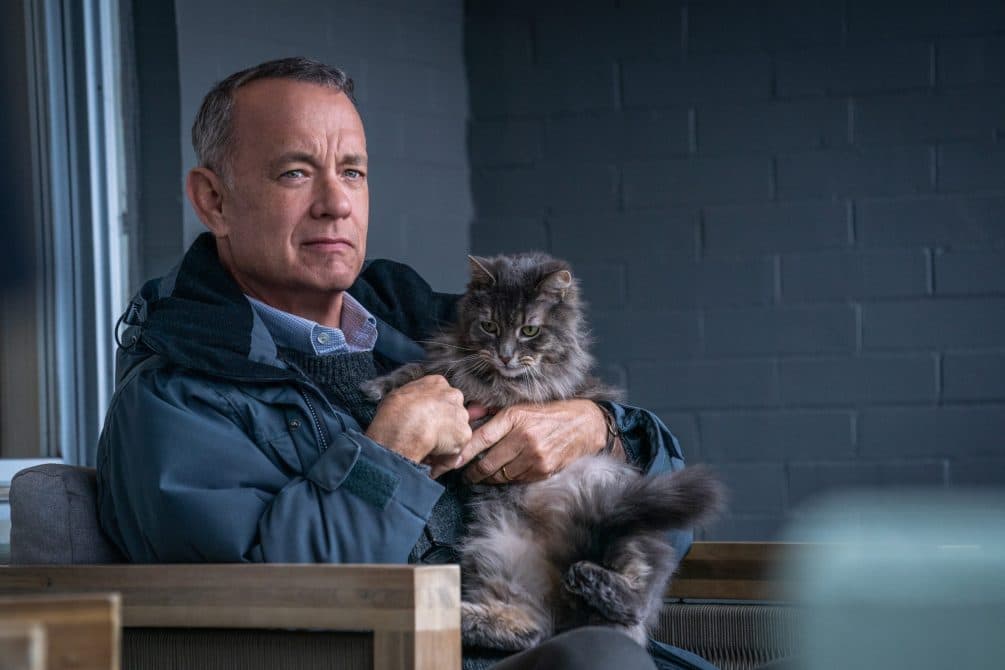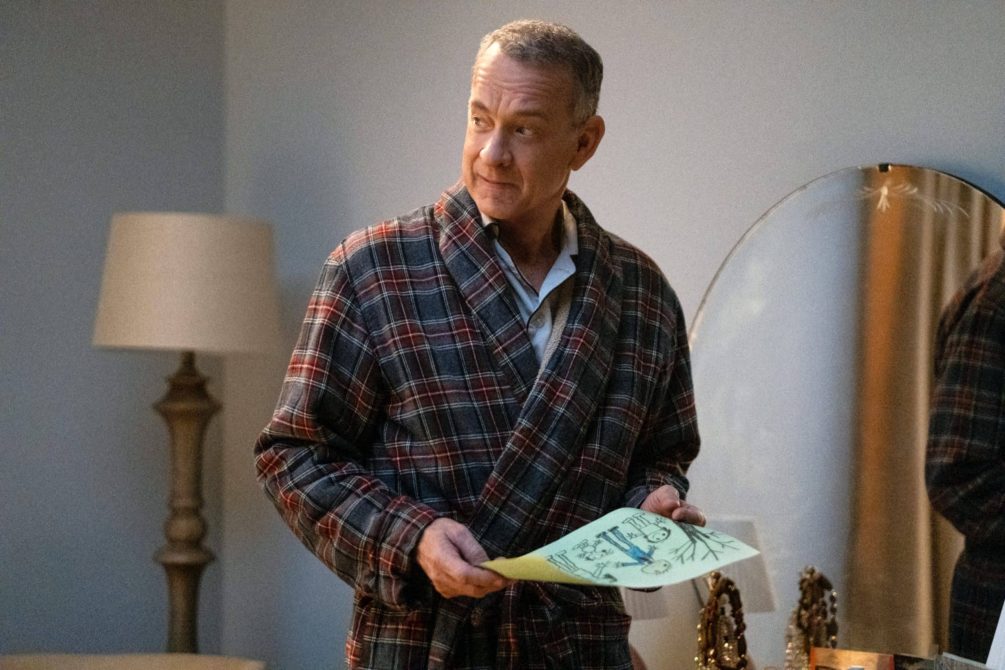
Recently, Tom Hanks made an Instagram post to warn fans about a video of him circulating online. The video featured an AI version of the actor, where he appeared younger and slightly unnatural. “BEWARE!! There’s a video out there promoting some dental plan with an AI version of me. I have nothing to do with it,” Hanks wrote a text overlay on the video with his signature without adding a caption.
The actor did not give further details about the source of the clip, but he made the message quite clear to his fans and those involved. This is coming months after Hanks had a conversation about using AI-generated content in the movie industry on The Adam Buxton Podcast.
Hank’s thoughts on using AI for movies
View this post on Instagram
On the podcast with Adam Buxton, Hanks noted how AI can continue the work of an actor after they are long gone. “I could be hit by a bus tomorrow, and that’s it, but my performances can go on and on and on,” he said.
RELATED: Tom Hanks Says AI Could Have Him Featuring In Movies After His Death
He added that the technology has developed so much— far from what he worked with in the early 2000s on the set of The Polar Express and one can hardly tell the difference between a real actor and a fake. “Outside of the understanding that it’s been done by AI or deepfake, there’ll be nothing to tell you that it’s not me and me alone,” Hanks added. “And it’s going to have some degree of lifelike quality.”

AI could present ‘legal issues’
Although Buxton felt audiences would prefer real performances, Hanks thought they would not care even if they were able to tell. He added at the time that the use of artificial intelligence in movies could pose legal threats in the long run.
Recently, AI became a big issue for the striking Writers Guild of America and the Screen Actors Guild-American Federation of Television and Radio Artists as they sought consent and compensation for when they have digital look-alikes created of them.

Although the negotiations ended in a tentative agreement, the AMPTP (Alliance of Motion Picture and Television Producers) earlier claimed to address the issues through “a requirement for performers’ consent for the creation and use of digital replicas.”
